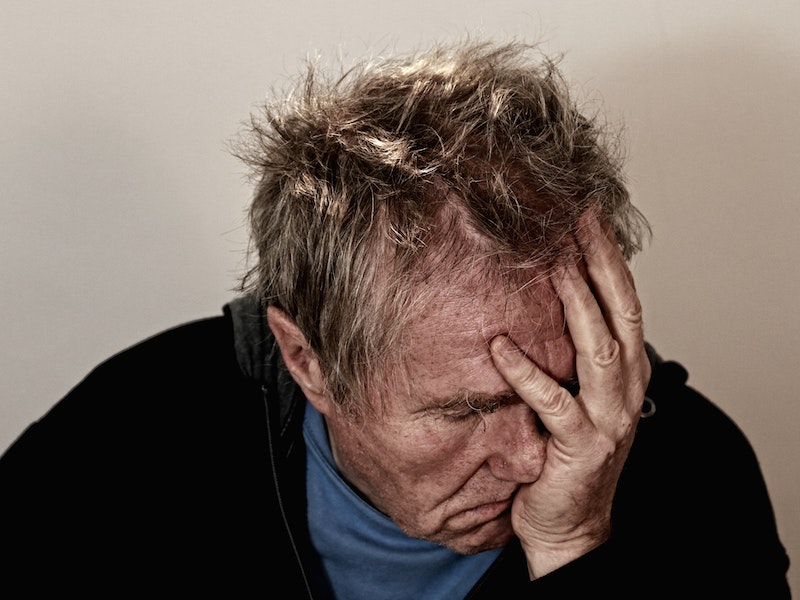
The aftermath of a traumatic event can cause debilitating anxiety and depression, leaving those affected unable to cope with their daily life.
Depression is a serious mental health condition that can significantly impact a person’s life, and unfortunately, it is often overlooked in personal injury cases. Victims either just don’t know or don’t believe they can be compensated for their emotional pain and suffering.
And while it may seem too good to be true, the reality is if you’ve endured emotional trauma due to an accident that wasn’t your fault, you can be compensated!
In this article, we’ll teach you everything there is to know about the forms of compensation available for those suffering from depression stemming from a personal injury, how to determine eligibility for emotional compensation, and how you can get help with your case.
Many assume that physical injuries are the only type of claim that can be made in a personal injury case. However, emotional distress due to the trauma caused by an accident is just as valid and important as physical harm.
Depression resulting from an accident may not be visible to others, but its effects on quality of life can be devastating. It’s important to seek legal counsel if you believe your depression was caused directly or indirectly by an accident or traumatic event.
You may feel hesitant to bring up emotional damages in your injury case, but it’s important to understand that emotional suffering is just as valid as physical suffering. With the right personal injury lawyer, you can ensure your rights are respected and receive proper compensation for your emotional distress.
Generally speaking, your eligibility compensation will depend on several factors, including the type of injury sustained, the impact of the injury on the ability to live a normal life, and most importantly, the severity of your depression symptoms.
If you are only experiencing mild symptoms that do not significantly impair your daily life or work performance, you may not be eligible for emotional compensation. On the other hand, if you are suffering from severe depression that significantly impacts your daily functioning and quality of life, then you may be entitled to some form of financial assistance.
Another key component to eligibility is whether the injury was caused by another person or organization’s negligence or recklessness. If so, compensation may be awarded to cover psychological treatment and other damages related to the accident, such as medical bills and lost wages.
To get compensation for depression in a personal injury case, proving the connection between the injury and the depression is key.
You must demonstrate that the physical injury sustained directly caused mental suffering. The court must also recognize that this mental suffering was serious enough to warrant compensation.
Establishing this link may require medical and other evidence, such as expert witness testimony, declarations from friends and family members, or even a psychological evaluation.
It is important to show that before the accident, you led a normal life free from depression or other mental health issues. Again, you can establish this through medical records and testimony from friends and family about pre-accident behavior.
Generally speaking, there are two main types of damage:
To make a strong case for your claim, you should document your situation thoroughly and provide evidence from medical professionals, friends, and family members. An experienced personal injury lawyer can help you get the maximum compensation you deserve.
Navigating the personal injury process can be daunting. But you don’t have to do it alone. The right legal representation can make all the difference in ensuring you receive proper compensation.
An experienced personal injury attorney can:
Additionally, they’ll ensure that any settlement agreements you enter into protect your rights and entitlements.
If you believe your emotional distress directly results from a personal injury, you should speak with an experienced personal injury attorney to discuss the potential for compensation.
Ultimately, it is important to remember that you are not alone and that you can take steps to ensure that you receive the compensation that you deserve. At DP Injury Attorneys, we’ll be there for you every step of the way.